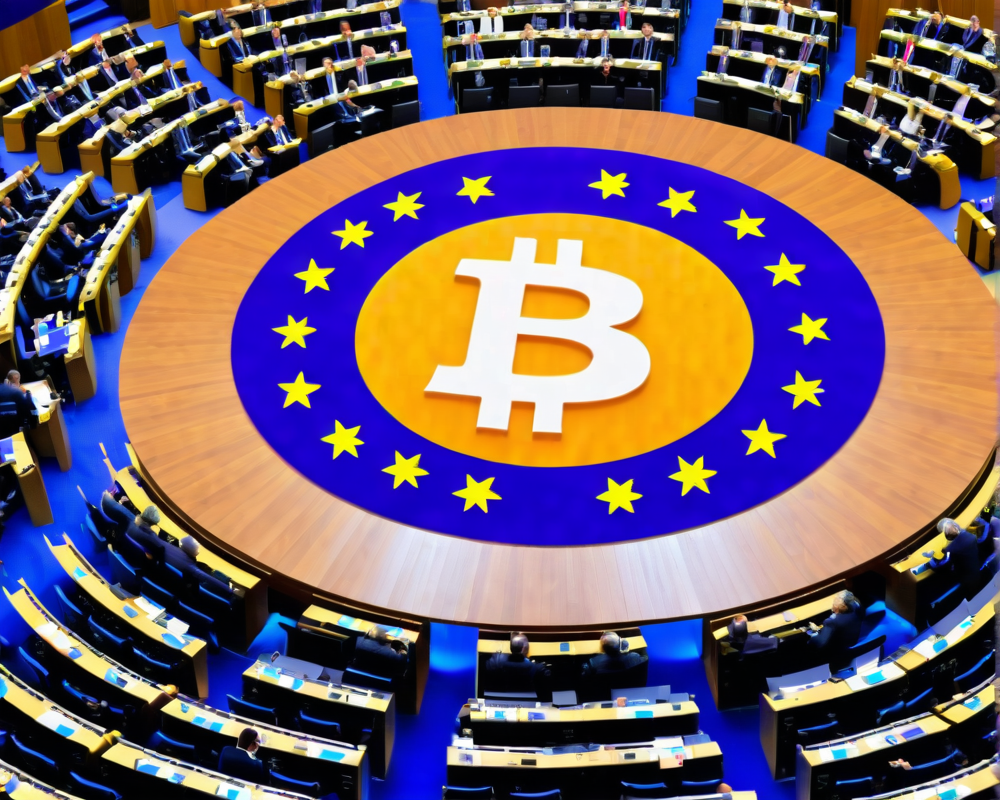EU’s 5AMLD: A New Chapter in Anti-Money Laundering
In a striking move, the European Parliament has overwhelmingly approved the latest anti-money laundering reforms, affectionately dubbed 5AMLD, with a vote tally that looks more like a soccer score: 574 in favor, 13 against, and 60 abstentions. Talk about a landslide!
Why the Reforms? A Backstory
These reforms come as a response to some rather alarming global events—namely the terrorist attacks in Paris and Brussels during 2015 and 2016, as well as the infamous Panama Papers leaks that exposed the dark underbelly of financial secrecy. The EU is stepping up to make sure that the wild world of finance doesn’t become a playground for money laundering and terrorism financing.
What’s in the 5AMLD? Key Highlights
The refreshed regulations aim to bolster transparency and put an end to big-money shenanigans:
- Handcuffs for Cryptos: Crypto exchanges and custodial wallet providers will be under strict orders to perform customer due diligence. Yes, your privacy just got a little less private.
- Registration Requirements: All crypto entities must register, which is about as appealing as visiting the DMV.
- See Who’s Who: Trusts and trading firms now have to unveil the identities of virtual currency holders, effectively lifting the veil of secrecy.
No More Hiding in the Shadows
As MEP Krišjānis Kariņš states, “Criminals use anonymity to launder their illicit proceeds or finance terrorism.” This reform aims to ensure that the murky waters of crypto trading become a bit clearer, allowing authorities—and yes, every curious citizen with a legitimate interest—to catch a glimpse of who’s pulling the strings behind various financial operations.
The Bigger Picture: Transparency for Everyone
One of the most significant aspects of these reforms is the access they grant to data on beneficial owners of companies, trusts, and other similar arrangements. This transparency won’t just benefit authorities; it’s also a win for citizens, investigative journalists, and NGOs. But forget about a complete free-for-all; you’ll need to demonstrate a legitimate interest. No nosy neighbors allowed!
Timeline and Next Steps
Now, EU member states have an 18-month window to integrate these rules into their national laws. So, while we may be holding in our excitement, the clock is ticking for states to catch up with these changes and bring some order to the crypto chaos.




